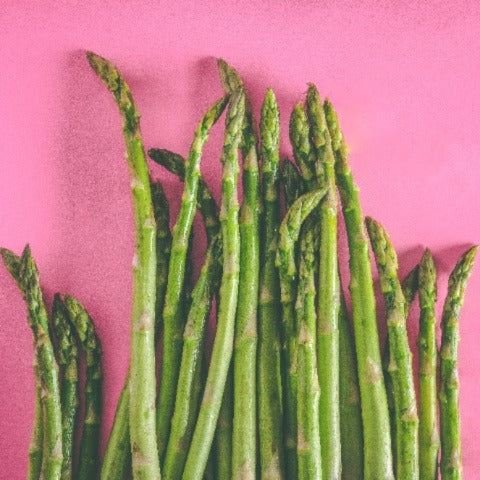
Dogs are carnivores who eat meat and need a lot of protein. But did you know that dogs also benefit from having a serving of vegetables now and then? Unfortunately, not all vegetables are safe for your fur baby, so we’ve compiled a list of eight types that do work well. This blog will discuss some of the vegetables that are good for dogs, how much you should give them, and which ones to avoid.
Growing puppies and senior dogs may not be getting all of the nutrients they need from standard dog foods. This is where vegetables come into play.
Here’s a list of the best vegetables for your furry companions:

If you love your dog, save some treats for a couple of slices of cucumber. The tasty and hydrating fruit can be fed to your dog, helping them fight against bad breath while being refreshing in hot weather. Cucumbers have nutritional benefits and are full of fibre and vitamins A, B, and K. However, the biggest benefit is that they contain silica, which can help keep the body’s connective tissues in good condition while also offering great health benefits.

Sweet potatoes are great treats for your canine companions. Not only are they tasty, but they are packed with nutrients that dogs need to stay fit and healthy. Bake, roast, or serve this wholesome dish in pureed form as a yummy treat! However, never feed raw sweet potatoes to a dog, as they contain compounds known as solanine which can be toxic for dogs and cause stomach upsets.
Cauliflower is truly versatile—not just for us bipeds, but for the canine world too! It can be prepared in numerous ways for all your dog’s culinary needs. They can safely consume it raw, steamed or roasted, and it can even be served together with fresh doggy-safe herbs to help spice things up. Cauliflower has antioxidants packed inside to help reduce inflammation and pain associated with troubling joint problems.

Dogs are usually more willing than toddlers when eating their greens. You can serve broccoli raw or cooked so long as you stick to dog-friendly seasonings. Otherwise, simply give some frozen broccoli as a quick snack in the summers.
However, some dogs react in undesirable ways when fed too much broccoli as it contains compounds called isothiocyanates (ITCs), which can cause gastric irritation. The key is moderation and not overfeeding your pet any foods containing ITCs.

Carrots are fun to eat because they are crunchy, sweet, and chewy. From thinly chopped carrot sticks to blended carrot baby food, dogs love everything “carrot”. However, we recommend cutting carrots into smaller chunks before giving them to dogs who aren't familiar with eating them.
French beans are a win-win dog treat. Not only do they help your furry friend feel full, but they’re also good for their health! These beans are packed with essential minerals like iron and potassium and can even contribute to the production of red blood cells in your dog, helping them avoid anaemia. Plus, their sweet taste makes them an ideal choice for your dog. All in all, their many health benefits and sweet taste make them a perfect choice for your pet.

While normally on the "avoid" list for your dogs, peas are fine in moderation. Look for organic frozen peas without added salt or preservatives. You can feed your dogs fresh, frozen, or thawed peas as treats. However, if you happen to be keeping an eye out for any signs of a sodium overdose (preservatives aren't great either), then any canned versions are best avoided.

Both raw and cooked celery is safe for your dog. Many dogs just adore the crunch that comes with chewing celery. And that’s for a good reason, as celery helps clean their teeth and freshens their breath. Keeping this in mind, you should only give them celery if they are not prone to stomach problems or drink enough water throughout the day.
While most people know that a dog needs to eat meat, vegetables, and fruits, most people don't know which vegetables are bad for dogs. There are a few that are commonly toxic for your dogs. Examples of vegetables unsafe for dogs include tomato leaves and stems, leeks, scallions, raw potatoes and onions. It's important that we keep these vegetables away from our pets so that they don't suffer any uncomfortable symptoms or acute illness.
As you can see, there are a lot of good vegetables to feed your dog. Try to stick with the ones listed above, as they are the ones that are typically safe for your dog to eat. Another option is to feed healthy vegetable-loaded dog treats to your dog. These are packed with vitamins and minerals and will give your dog the nutrients they need.